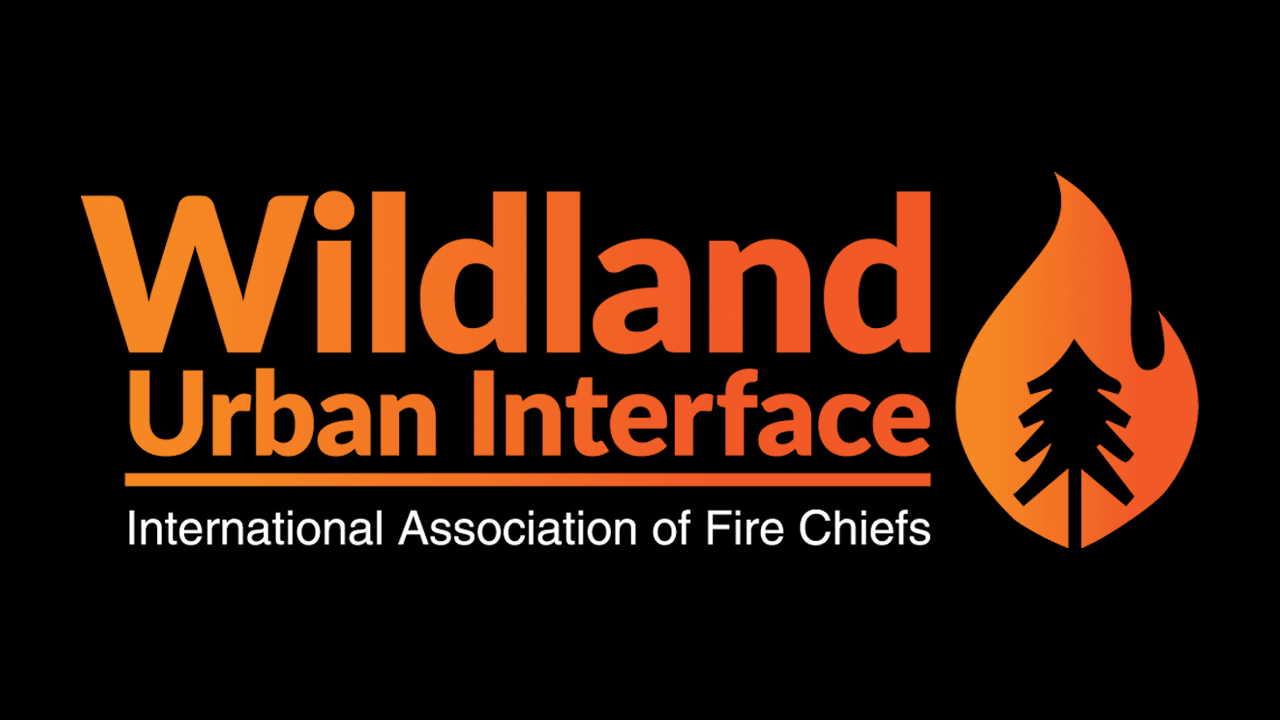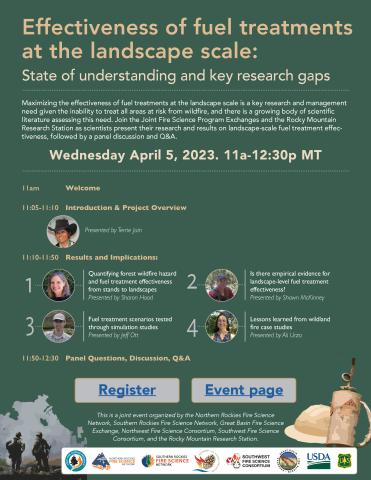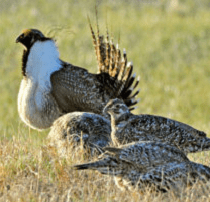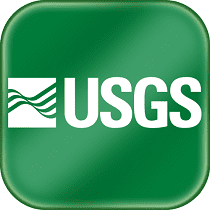Events
Events
-
-

2023 Wildland Urban Interface Conference
Conference website.
-

Fire in the western US: Big fires. Big challenges. The call for regional learning and action.
Webinar recording. Learn about the diverse inputs and outcomes from six large fires spanning five JFSP Regional Fire Science Exchanges. This webinar walks you through the jointly produced story map:…
-
-

Effectiveness of fuel treatments at the landscape scale
Webinar recording. A recent report, Effectiveness of fuel treatments at the landscape scale: State of understanding and key research gaps, provides key findings from four literature synthesis documents (concepts and…
-

Maximizing volunteer impact with ArcGIS hub
Webinar recording.
-

Stream and Riparian Geomorphic Sensitivity and Ecological Resilience to Guide Management – Watershed processes, part 1
Webinar recording. This webinar provides a framework for assessing and characterizing the geomorphic sensitivity and ecological resilience of upland watersheds based on their predominant processes and the controls on these…
-

SER Great Basin Chapter – 2023 Annual Meeting (virtual)
Presentation recordings. Description: This meeting is a time to check in with our friends and colleagues to see what’s new and where progress has been made in ecological restoration and…
-

Stream and Riparian Geomorphic Sensitivity and Ecological Resilience to Guide Management – Meadow hydrology and traits, part 2
Webinar recording. This webinar provides a framework for understanding and characterizing the ecological value and hydrologic support for meadows and for identifying key threats. The presenters illustrate how understanding the…
-
-

Harnessing genomics to examine local adaptation in sage-grouse
Webinar starts at 11 Pacific/12 Mtn. Join link.
-

Public experiences and perceptions with wildfire and flooding, A case study of the 2019 Museum fire
Webinar recording. Description: The greater Flagstaff area in northern Arizona has experienced multiple wildfires in recent years that have resulted in post-wildfire flooding. These events galvanized collaborative efforts to reduce…
-

Wildland Fire Trends Tool: A web-based data visualization tool for displaying wildlife trend and patterns in the western US
Webinar join link. Presenter: Douglas J. Shinneman, Research Ecologist, USGS Forest and Rangeland Ecosystem Science Center Description: Accurately assessing recent and historical wildfire activity is critical for numerous agencies who…






